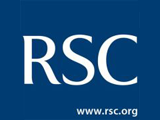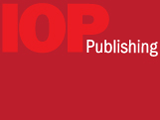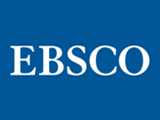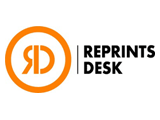The UK risks slipping into the margin of world competitiveness without further investment in science, says the Royal Society of Chemistry.
The country’s economic recovery is threatened by lack of funding for science research and the government must take urgent action, said the society’s president.
“Britain is on an economic tightrope. Science and innovation, properly supported, will help get us to the other side,” said Professor Lesley Yellowlees.
The chemical science community has produced a report Chemistry: we mean business setting out a ten-point plan to help Britain derive the greatest possible industrial advantage from its impressive science base.
“Most importantly we call on Government to return public investment in science to inflation-led growth before it is too late,” added Professor Yellowlees.
” We are not suggesting that the Government has entirely neglected science recently; but we do assert that it has not done enough.
“Chemists and chemical engineers whom we represent welcomed publication of the Government’s recent Life Sciences Strategy; similarly, we welcomed the Autumn Statement by which £600m was invested in eight science priority growth areas. Many of these areas are closely linked to, and dependent upon, innovative chemistry and will contribute significantly towards rebalancing the economy.
“But the scale of the challenge facing the country demands more than has already been offered by the Government
“The chemicals and pharmaceuticals sectors alone added £27 billion to the economy in 2011. Unless we re-invest in our science base now we will miss out on future wealth-creating opportunities and we will fall further behind our international competitors.
“The Government wants to make Britain competitive internationally, yet there is still inadequate funding for science when it should be the driving force behind such progress. This central paradox must be addressed.”
The RSC is one of five bodies pressing the government to take action in the budget to back science research, the others being the Chemical Industries Association, the Institution of Chemical Engineers, the Society of Chemical Industry and the Chemistry Innovation Knowledge Transfer Network.
This group of leading scientific institutions has written to the Treasury underlining the importance of the chemical sciences to the UK’s economic recovery hopes, and is seeking to work with the government to make sure that the chemical science community can help to support the UK growth agenda.
The letter says urgent actions are needed to maintain the UK’s competitive edge through a world-leading science base and to get the economy back on the pathway to growth.
Professor Yellowlees said: “Firstly, the government must link science funding to inflation. The freeze on science spending means that because of inflation over the past three years there has been a 10 per cent cut in real terms.
“Additionally, the government has to ensure that innovation resources are targeted to growth areas of strategic importance. Fundamental research, supported by the seven research councils, is the bedrock of knowledge and scientific breakthrough. We need to create an environment for innovation where these breakthroughs are translated into economic and societal benefits for the people of the UK.”
The RSC report focuses on the vital need of a skills pipeline to guarantee that young, talented people emerge so that British companies get a steady supply of skills in the future.
Professor Yellowlees added: “The UK workforce is ageing. Unless we address the resulting skills gap then we risk facing a talent shortage which means companies will struggle to compete with the number of small to medium businesses shrinking.
“Around the world, other countries are getting it right by pouring investment into their sciences, aware that this will pay off.
“We must learn from the likes of China, South Korea and Brazil, who have all recognised the direct link between investment in science research and economic growth.
“If the UK shrinks from this challenge it risks slipping into the margin of global industrial viability.”






























